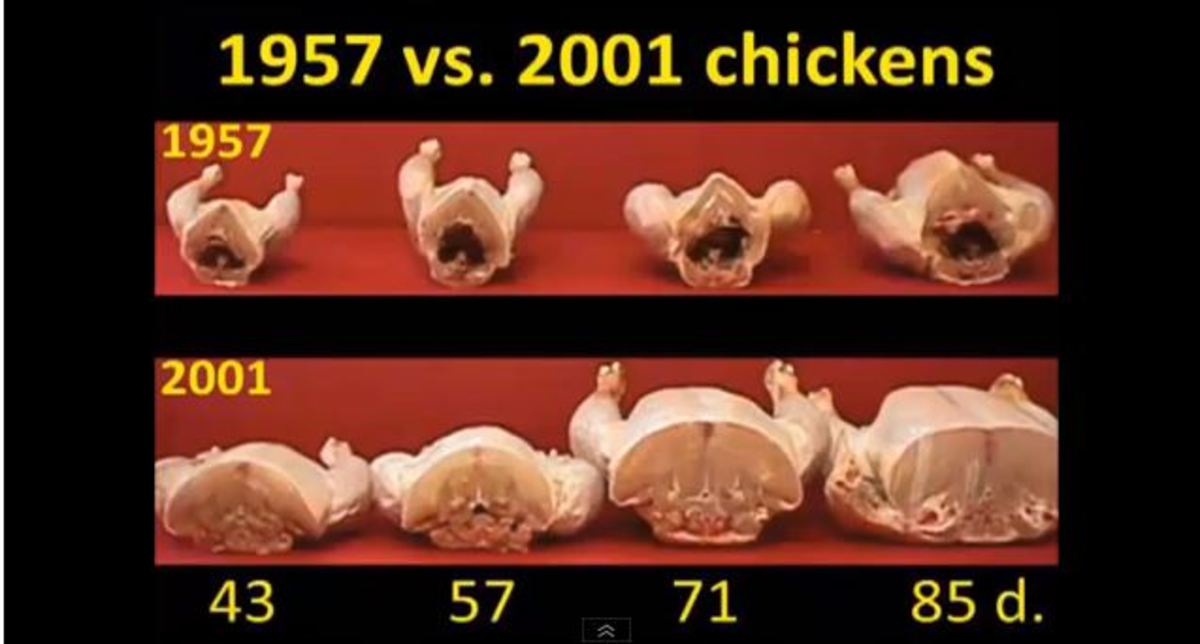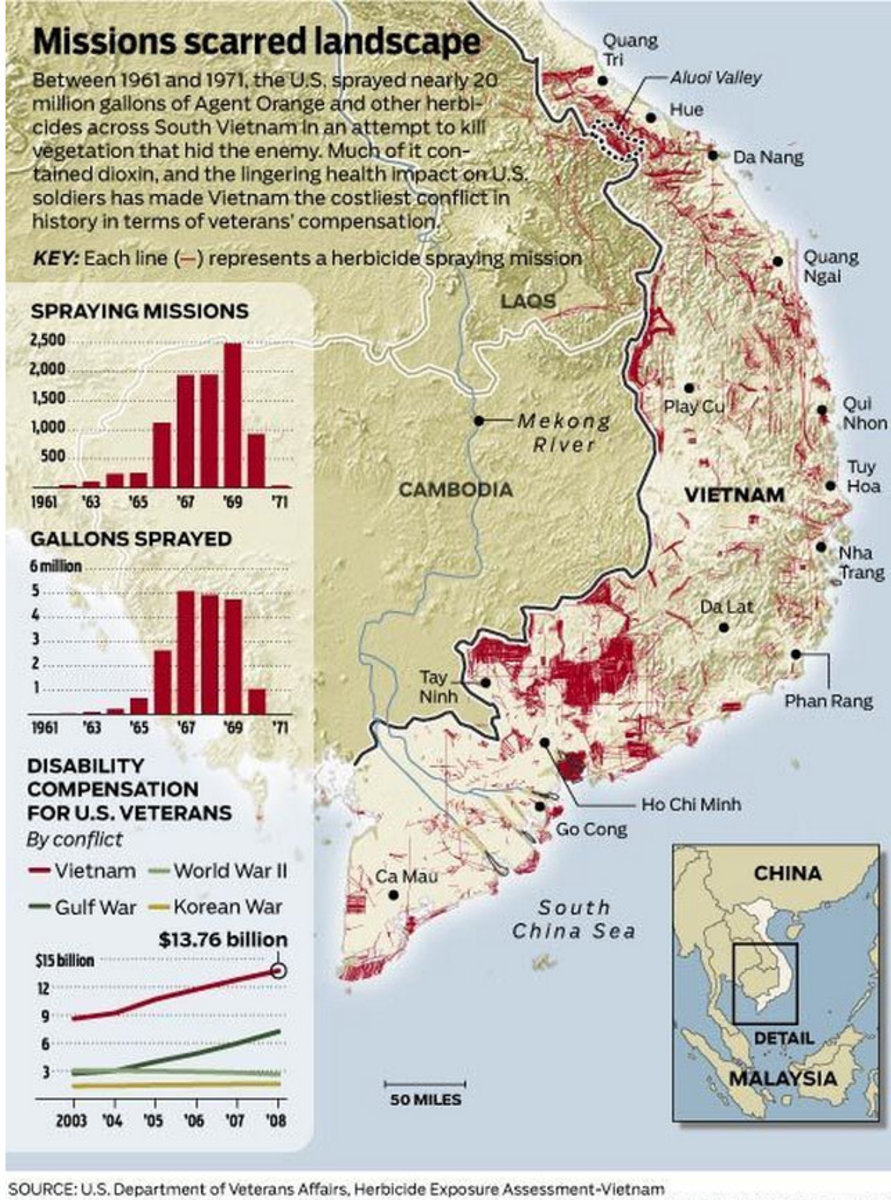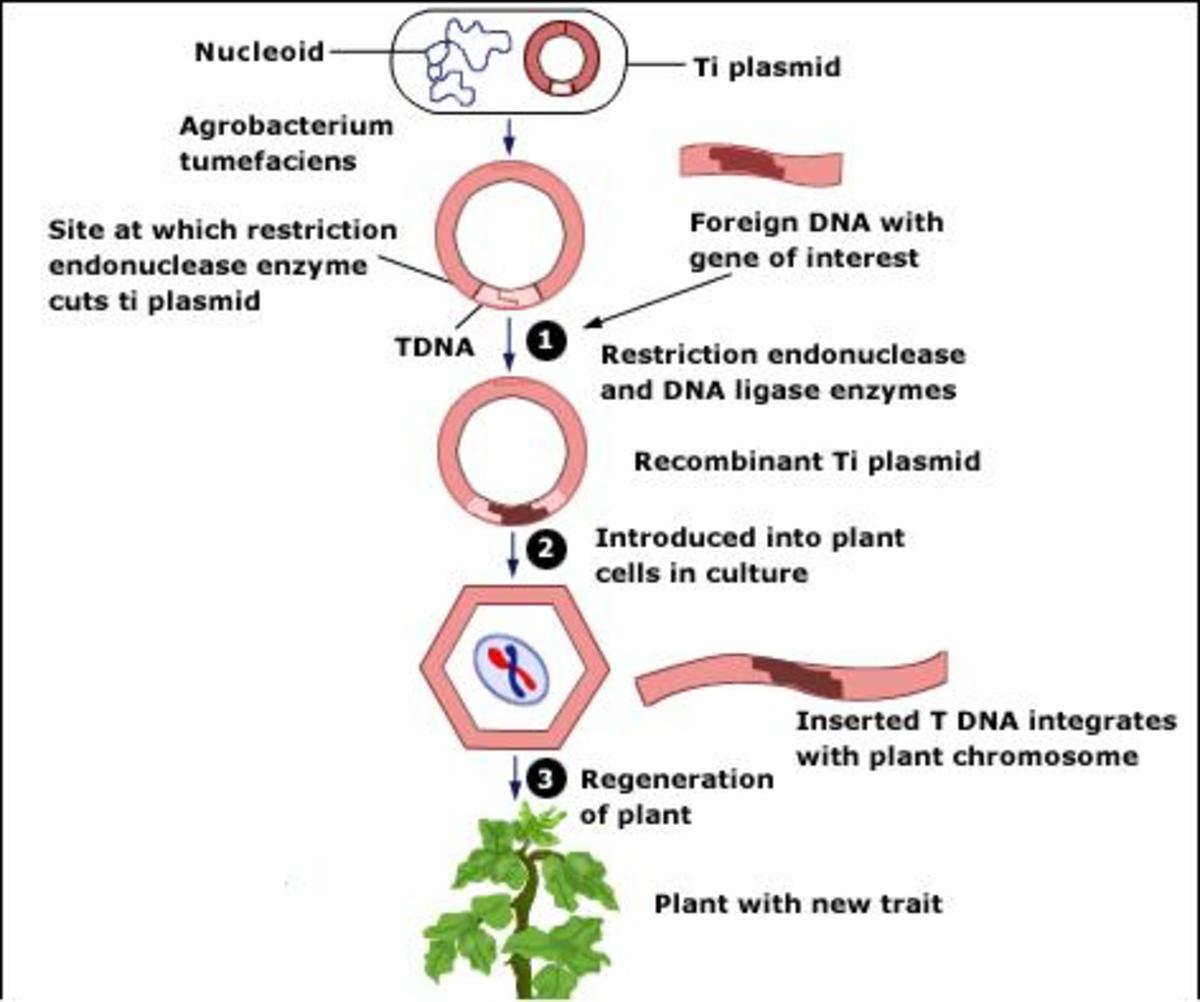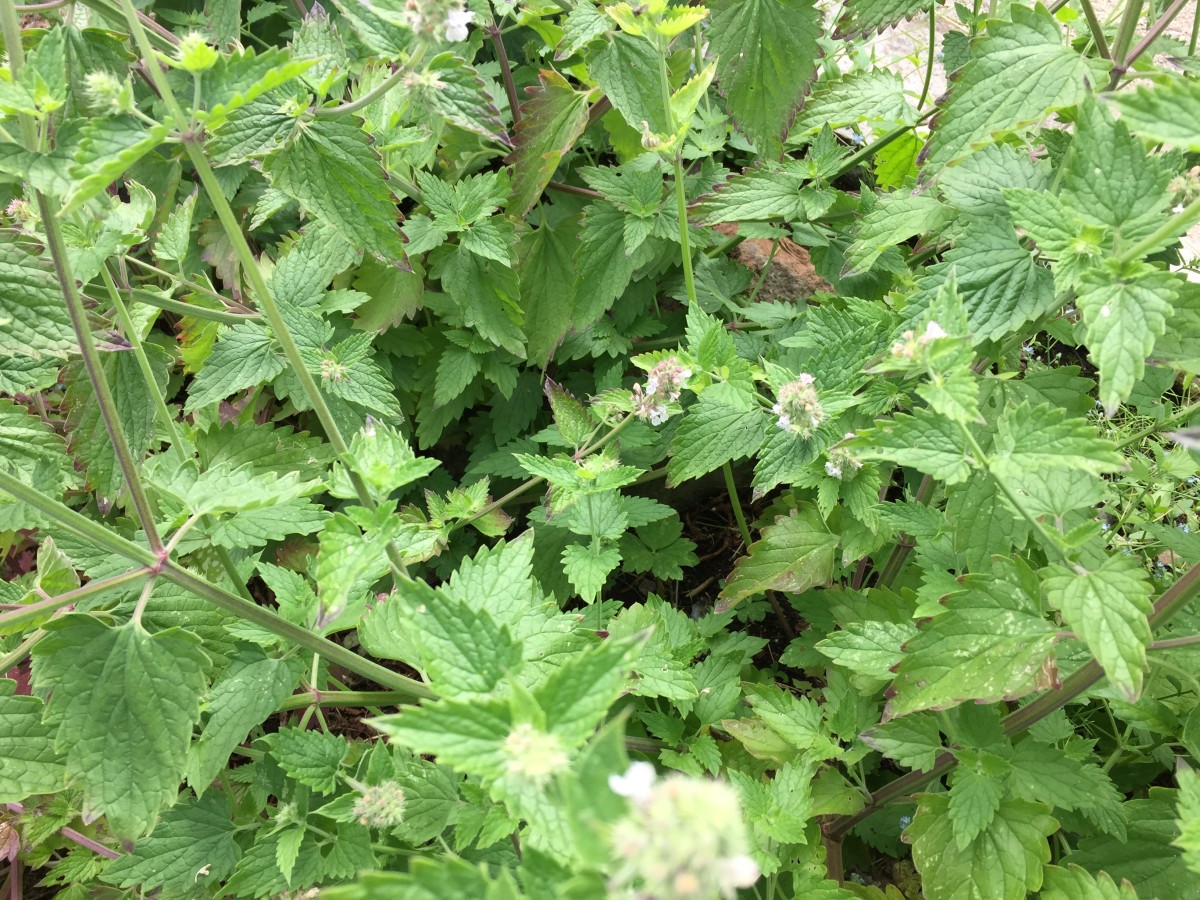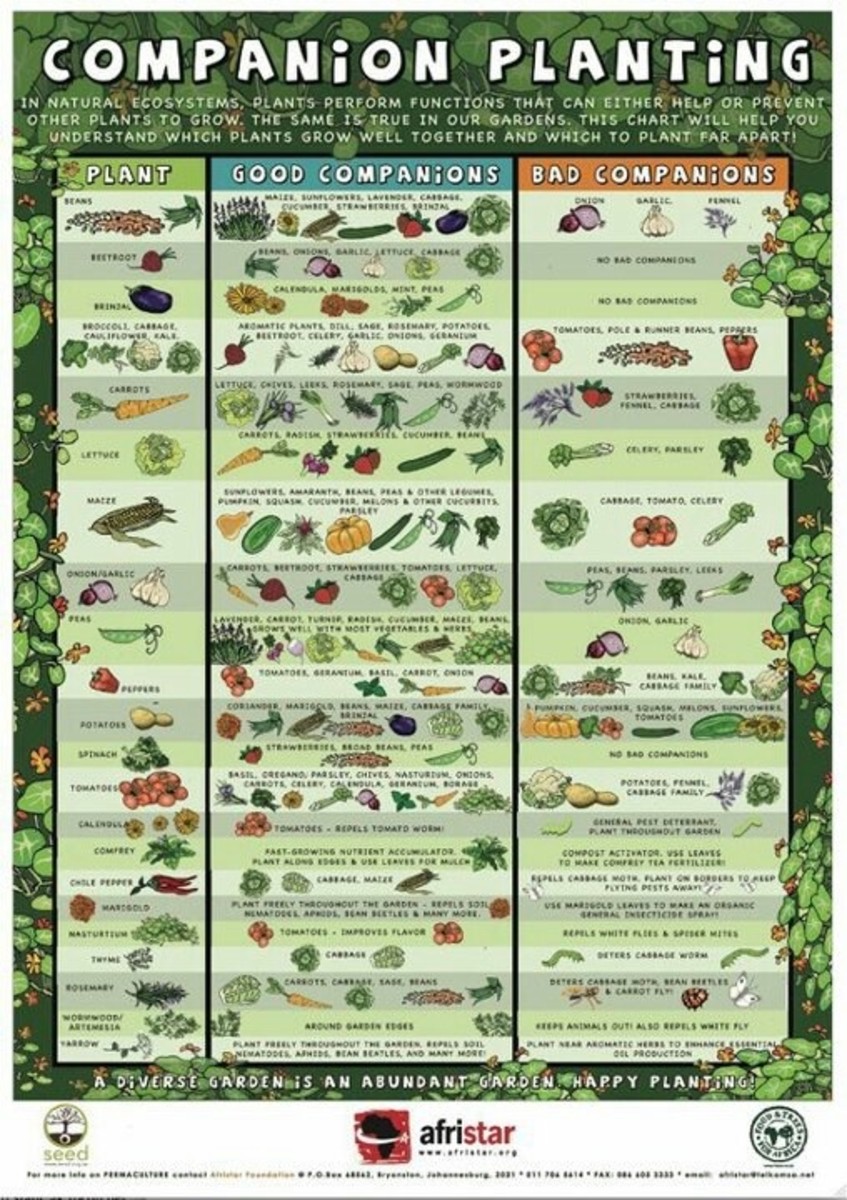- HubPages»
- Home and Garden»
- Gardening»
- Organic Gardening
The Truth Behind GMO (Genetically Modified Organism, or Gradually Murdering Ourselves?)
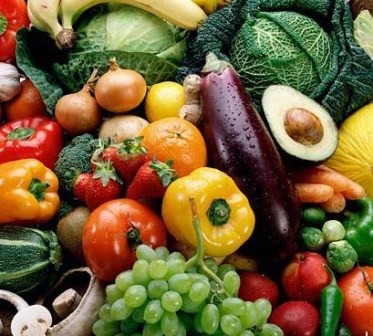
The Case For GMO's.
Genetically modified organisms (GMCs, GM crops, or biotech crops) are plants used in agriculture, which have had their DNA modified by genetic engineering. The aim is usually to introduce a new trait to the plant which does not occur naturally in the species eg. in food crops, promoting resistance to certain pests, diseases, or environmental conditions, reduction of spoilage, or resistance to chemical treatments (e.g. a herbicide), or improving the nutrient profile of the crop. Examples in non-food crops include production of pharmaceutical agents, and biofuels.
Farmers have widely adopted GM technology. Between 1996 and 2011, the total surface area of land cultivated with GM crops had increased from 4,200,000 acres to 395 million acres. 10% of the world's crop lands were planted with GM crops in 2010.
General scientific consensus states that food on the market derived from GM crops poses no greater risk to human health than conventional food. GM crops also provide a number of ecological benefits, and the main reason for their development is often said to be so that we can feed the Earth's ever growing population.


Testing
Monsanto's website states, "There is no need for, or value in testing the safety of GM foods in humans."
It is also strange to note that GM companies such as Monsanto are not required to adequately test their products before releasing them into the market place. Common sense should tell us that testing a product for 90 days to see whether it has caused tumours to develop in rats(even though they only have a two year life span) is inadequate.
This seems to simply be a deliberate attempt to limit the effectiveness of the result so as not to discover the truth. Medical companies take years to test new drugs before they can be released on the market.
Public Concerns Regarding GMO's.
Apart from avoiding dangerous chemicals and seeking better flavours and nutritional benefits, one of the main reasons consumers choose to buy organic products is because it is one of the only sure ways of avoiding the untested GMO's that are cunningly being slipped into our food supply.
The GM debate has been raging for years now and surveys consistently find that the majority of people are very uncomfortable with GM-derived ingredients in their food. Yet despite this Governments continue to turn a blind eye, give in to the all-powerful multinational chemical corporations and allow the planting of GM crops.
Now Australia's highly regarded research institution 'the CSIRO' is collaborating with one of the most despised multinational corporations, namely MONSANTO, by approving to allow them to trial genetically modified wheat in Australia. This follows the appointment of two members of Nufarm (Monsanto's exclusive distributor of Roundup-ready technology) to the CSIRO board.
Wheat is our major food and the most important grain so the introduction of unlabeled GM wheat is a concern for us all. Why should we trust a corporation largely focused on killing the planet's organisms to control our food supply? What do you think?
If News Corp isn't considered fit to hold a satellite tv licence following the recent phone tapping fiasco, shouldn't enquiries be made by the CSIRO as to whether Monsanto is a fit, proper and ethical partner?


Real GMO Dangers
Everyone seems to be asking the question, "Are genetically modified foods safe?
Studies conducted by the American Academy of Environmental Medicine (AAEM) came up with the following disturbing statistics:
- Huge numbers of sheep, buffalo, and goats in India died after grazing on GM cotton plants
- Mice fed GM corn long term gave birth to fewer, and smaller, babies
- More than 50 percent of the babies of mother rats fed GM soy died within three weeks of birth, and were smaller then normal.
- Testicular cells of mice and rats on a GM soy diet altered significantly
- Hamsters on a GM soy diet became infertile by the third generation
- Rats and mice fed GM corn and soy displayed a lowered immune system and signs of toxicity
- Soy allergies increased by a massive 50% in the UK, soon after GM soy was introduced
- When GM potatoes were fed to rats, they experienced excessive cell growth in their stomach lining, a condition that could cause cancer.
Unlike safety evaluations for drugs, there are no human clinical trials of GM foods. The only published human experiment showed that the genes inserted into GM soy is absorbed into bacteria already in our intestines and continues to function. This means that long after we stop eating GM foods, we may still have their GM proteins produced continuously inside us. This could result in:
- the antibiotic gene inserted into most GM crops transferring and creating super diseases, resistant to antibiotics
- the gene that creates Bt-toxin in GM corn transferring and possibly turning our intestinal bacteria into living pesticide factories.
Due to these findings the AAEM asked physicians to advise patients to avoid GM foods, however in most cases this request seems to either have been ignored or just not taken seriously.

Related Links and Acknowledgements
- Roundup Link To Global Kidney Disease
- The Very Real Danger of Genetically Modified Foods - Ari LeVaux - The Atlantic
New research shows that when we eat we're consuming more than just vitamins and protein. Our bodies are also absorbing information. - Article: Monsanto's Roundup: new deadly scam exposed | OpEdNews
Article: Monsanto's Roundup: new deadly scam exposed - We are looking at a major crime and major scam here. It boils down to this: the manufacturers who put these adjuvants in their pesticides and herbicides know very well why they are there -- to in - Monsanto listed on 2014 Global 100 Most Sustainable Corporations
Monsanto Company was recognized yesterday on the 2014 Global 100 Most Sustainable Corporations in the World (Global 100) index. - Butterflies are on the Decline and Monsanto's GMO Crops are a Major Reason Why | One Green Planet
- Is Monsanto killing our bees?
Many thousands of people gathered in 436 cities around the world on the weekend to protest against Monsanto’s anti-environmental practices, but this was barely noticed by Australia’s media. Beekeeper... - More than two dozen states are considering GMO labeling
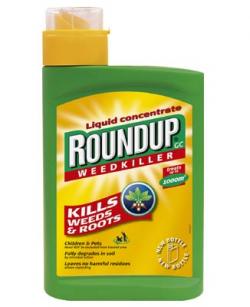

Monsanto
About Monsanto
Monsanto Company is a publicly traded American multinational chemical, and agricultural biotechnology corporation with its headquarters in Creve Coeur, Missouri.
Its first product was aspartame (saccharine), an artificial sweetener first sold to Coca-Cola.
During the 2nd World War, Monsanto worked on the Manhattan Project to develop nuclear weapons.
In 1948, the company started making a powerful herbicide; a by-product of the process was the creation of a chemical that would later be known as dioxin.
On March 8, 1949, a massive explosion rocked a Monsanto herbicide plant. Court records indicate that 226 plant workers fell ill.
Then in the 60s came the infamous pesticide DDT that sparked the environmental movement, closely followed by 245T also known as Agent Orange and mass produced to defoliate Vietnam and Laos during the Vietnam War.
Monsanto's Convictions
2002-Alabama- manufactured the toxic chemical polychlorinated biphenyls ( PCBs ). Dumped PCB laden waste into local waterways for 40 years. Found guilty by the state on six charges of negligence, wantonness, suppression of truth, nuisance, trespass, and outrage.
USA- six Government scientists bribed with $1-2million to approve the safety of milk from cows treated with Monsanto's GM growth hormone ( rbGH) . This growth hormone is banned in Canada, Australia, the EU, Japan, and NZ. The US approved rbGH without the need to label so the US milk supply is now contaminated with GM milk.
2005- Monsanto convicted of bribing Indonesian officials to avoid impact assessments that could have prevented the introduction of GM cotton. Fined $1.5million.
2009- France's highest court has ruled that Monsanto had not told the truth about the safety of its best-selling weed-killer, Roundup.
The court confirmed an earlier judgment that Monsanto had falsely advertised its herbicide as "biodegradable" and claimed it "left the soil clean".
The company was fined 15,000 euros ( $22,400). It has yet to comment on the judgment
2012- in Brazil, Monsanto has been convicted by a court for false advertising claims that GM soy and the herbicide glyphosate, as used in the 'no-till with herbicides' model of cultivation, are beneficial to the environment.
Can a company be called evil? If so, is this the World's most evil company?

Fighting Back.
In 2010 the Western Australian Government ignored mounting research and instead sided with the chemical corporations and approved the release of GM canola throughout Western Australia. Approximately 70,000 hectares were subsequently planted.
This decision has resulted in WA's GM-free status being tarnished and will result in many of that state's producers to be denied access to European and Japanese markets where GM is banned. This also poses a serious threat to Australia's organic sector, and one organic farmer is taking the fight to court.
“A single corn kernel coated with a neonicotinoid can kill a songbird .… Even a tiny grain of wheat or canola treated with the oldest neonicotinoid ‒ called imidacloprid ‒ can fatally poison a bird. And as little as 1/10th of a neonicotinoid-coated corn seed per day during egg-laying season is all that is needed to affect reproduction.” Cynthia Palmer

Steve Marsh
Most people would not be famliar with the name Steve Marsh. But this man could lose all he owns to protect our right to eat GM-free food. Steve is an organic farmer from Kojonup south of Perth, Due to the Western Australian state government's lifting the ban on GM canola in 2010, many farmers, including Marsh’s next door neighbour and former friend, Michael Baxter, began growing GM canola. Michael Baxter's farm is located directly across the road from Steve's certified organic crops. Subsequently, Steve found GM canola plants had spread their seed over much of his land, causing him to lose his 'organic' status and 70% of his 478ha farm.
This contamination has had a dramatic impact on Steve and his livelihood. Meanwhile Monsanto, because of the no liability agreement signed with each GM farmer, are free of any responsibility but still gain all the profit. Instead of accepting this situation as many others around the world have been forced to do, Steve has decided to take a stand by taking his neighbour to court for compensation of loss and damages.
Steve Marsh’s trial is scheduled to start on the 10th of February, 2014 at the Western Australian Supreme Court.This case is the first of its kind in Australia, where an organic farmer is actively seeking compensation from a GM farmer when his rights have been violated by GM contamination.
Rest assured that the Monsanto board in the US will be closely watching the outcome of this case as it may set a world-wide precedent. If Steve's case is successful, conventional farmers are likely to stop buying GM seeds if they think there is a risk of being sued by a contaminated organic or non-GM farmer nearby.
Evidence continues to mount showing that GM crops, and the herbicides they are continually sprayed with, are unhealthy and even toxic. Consumers around the world are increasingly beginning to turn their backs on GM food in preference of healthy, clean, flavoursome organic food. Government regulators may still be unconvinced whether or not GM modified food is safe to eat, but Monsanto and other agri-chemical companies will be eagerly awaiting the results of this trial.
The food labelling system in Australia and New Zealand leaves a lot to be desired and the only sure way to be certain that a food is GM-free is to buy organic. When Steve approached the Agricultural Minister at the time, he was told that the organic standards are to blame for his loss. The organic standards need review and non-GM farmer’s rights need to be protected. Or ultimately, our choices to eat healthy are under threat.

Latest Update: Marsh vs GMO Court Case
- Steve Marsh's GMO Case: Update
The WA Australian Supreme Court has taken the decision to publish all the transcripts, opening and closing addresses and witness statements online. It will take a while to read and if you have the time is recommended. - GM-free foods at risk in WA canola case | Echonetdaily
If the court decides that it is ‘unreasonable’ for the organic industry to have a zero tolerance for GMO’s, the result is that in Australia we will have no right to eat GM-free products and no way to guarantee that products grown in Australia are GM-free. The cost to purchase GM-free products will skyrocket if non-GM farmers have to pay the cost of contamination, and eventually, GM-free crops may be eradicated due to contamination in the long-term!
The cost is usually a major deterrent to people from taking issues like this to court, especially when the issue has attributed to a considerable loss for the persons involved.In this instance, the Safe Food Foundation has been raising funds to meet Steve’s legal costs to ensure that he can go to court and win for every one of us. The international law firm Slater and Gorgon has taken on Steve's case.
I'll be eagerly awaiting the result of this court case, though knowing that one of the World's most powerful companies has involvement and the outcome has very significant consequences will probably make it drag on. I just hope common sense prevails.
Whatever the outcome I urge you all to try to grow your own fruit and vegetables wherever possible, buy locally from organic farmers or market gardens, and look for non-GM products on your supermarket shelves.


